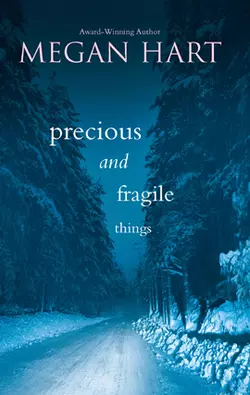Precious And Fragile Things

Megan Hart
Тип: электронная книга
Жанр: Современная зарубежная литература
Язык: на английском языке
Стоимость: 150.68 ₽
Статус: В продаже
Издательство: HarperCollins
Дата публикации: 16.04.2024
Отзывы: Пока нет Добавить отзыв
О книге: Gilly Soloman has been reduced to a mothering machine, taking care of everyone and everything except herself. But the machine has broken down.Burnt out by the endless days of crying children and menial tasks, and exhausted from always putting herself last, Gilly doesn′t immediately consider the consequences when she′s carjacked. With a knife to her throat, her first thought is that she′ll finally get some rest. Someone can save her for a change. But salvation isn′t so forthcoming.Stranded in a remote, snowbound cabin with this stranger, hours turn to days, days into weeks. As time forges a fragile bond between them, she learns her captor is not the lunatic she first believed, but a human being whose wasted life has been shaped by secrets and tragedy.Yet even as their connection begins to foster trust, Gilly knows she must never forget he′s still a man teetering on the edge. One who just might take her with him.